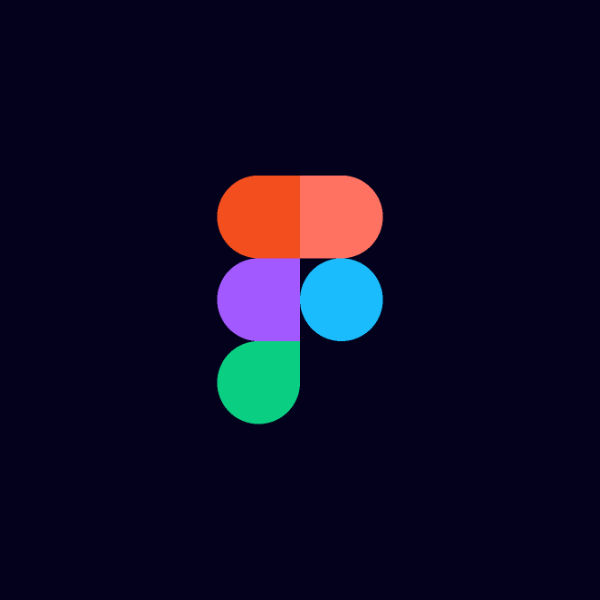Figma is a cloud-based design tool that has significantly transformed the landscape of digital design since its inception in 2012. Founded by Dylan Field and Evan Wallace, Figma emerged as a pioneering platform in collaborative interface design, enabling users to work together in real-time from anywhere in the world. It caters to a wide array of design needs, including UI/UX design, graphic design, and prototyping, making it an indispensable tool for designers, developers, and product teams. Figma’s mission to make design accessible to all has led to its widespread adoption across the industry, from freelancers and small startups to large enterprises. Its innovative approach to design collaboration has not only streamlined workflows but also fostered a more inclusive and dynamic design community.
Key features 🔑
- Real-Time Collaboration: Enables multiple users to work on a project simultaneously.
- Vector Networks: Advanced vector editing capabilities that surpass traditional pen tools.
- Auto Layout: Automates the spacing and alignment of design elements.
- Plugins and Integrations: Extensive support for third-party plugins and integrations.
- Prototyping and Animation: Inbuilt tools to create interactive prototypes without needing external software.
Ease of use 💻
Figma's interface is renowned for its intuitiveness and simplicity, making it accessible for users of all skill levels. The platform's design is streamlined, offering a minimal learning curve for new users while providing advanced features for seasoned designers. Its drag-and-drop functionality and well-organized workspace enhance user experience, facilitating quick adaptation and efficient design processes.
Security 🔒
Figma prioritizes user data security, employing robust encryption methods for data in transit and at rest. While specific details about the geographical locations of Figma's servers are not publicly disclosed, the platform adheres to industry-standard security practices, including regular security audits and compliance checks, to safeguard user information and projects.
Compliance GDPR 🇪🇺
Figma is committed to GDPR compliance, ensuring the protection and privacy of user data within the European Union. The platform has implemented measures to comply with GDPR regulations, offering users control over their personal data through transparent privacy settings and data management tools. This commitment underscores Figma's dedication to user privacy and data security on a global scale.
Countries where you can use it:
Customer Support 💬
Feedback on Figma's customer support is generally positive, with users appreciating the platform's responsiveness and the helpfulness of the support team. Figma offers a comprehensive help center, community forums, and direct support channels, ensuring users can find assistance and resources when needed. However, some users have noted areas for improvement in response times during peak periods.
Pricing 💸
- Free Version: Basic features with limited projects.
- Professional Plan: €12 per editor/month, offering unlimited projects and version history.
- Organization Plan: €40 per editor/month, includes advanced security features and analytics.
PROs 👍
- Facilitates efficient real-time collaboration across teams.
- User-friendly interface with accessible learning resources.
- Strong commitment to security and GDPR compliance.
- Extensive customization options with plugins and integrations.
- Comprehensive prototyping and animation tools integrated into the platform.
CONs 👎
- Can be resource-intensive, requiring a stable and fast internet connection.
- Advanced features and unlimited projects require paid subscriptions.
- Relies on cloud connectivity, which might concern users with sensitive data.
- Limited offline capabilities compared to desktop-based competitors.
- Some users report a learning curve with more advanced functionalities.
Business Niches Suitables 📈
Figma is suitable for a broad spectrum of businesses, including startups, small businesses, and large enterprises. Its scalability and comprehensive feature set make it ideal for teams involved in UI/UX design, web development, and product management, among others.
Some examples:
Conclusion about Figma 🧐
Figma stands out as a revolutionary tool in the world of digital design, offering unparalleled collaboration, ease of use, and a rich feature set that caters to the diverse needs of the design community. Its commitment to security, GDPR compliance, and continuous innovation makes it a trusted platform for designers and teams worldwide. Whether you're working on a small project or a large-scale enterprise application, Figma provides the tools and support necessary to bring your creative visions to life. Embracing Figma means embracing a future where design is more collaborative, accessible, and efficient than ever before.
